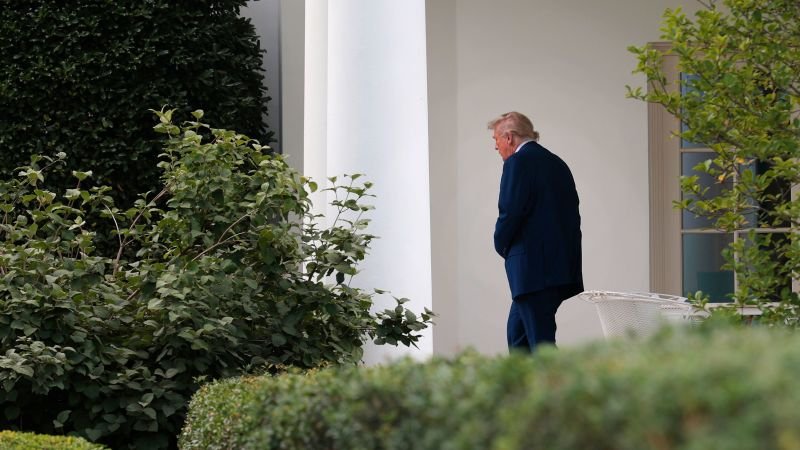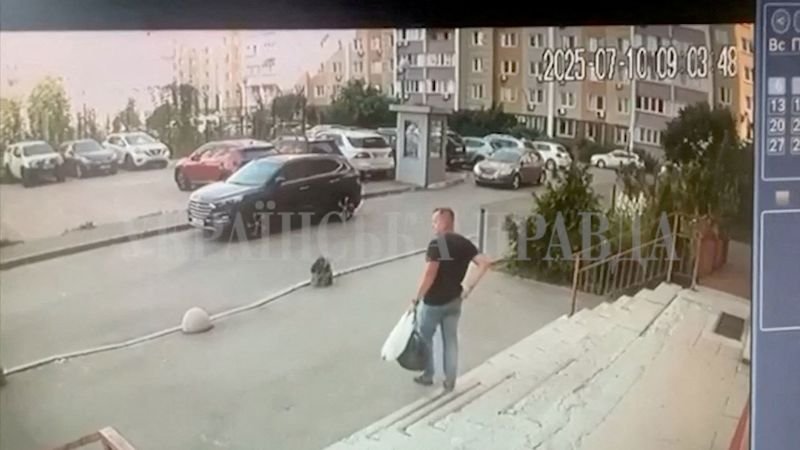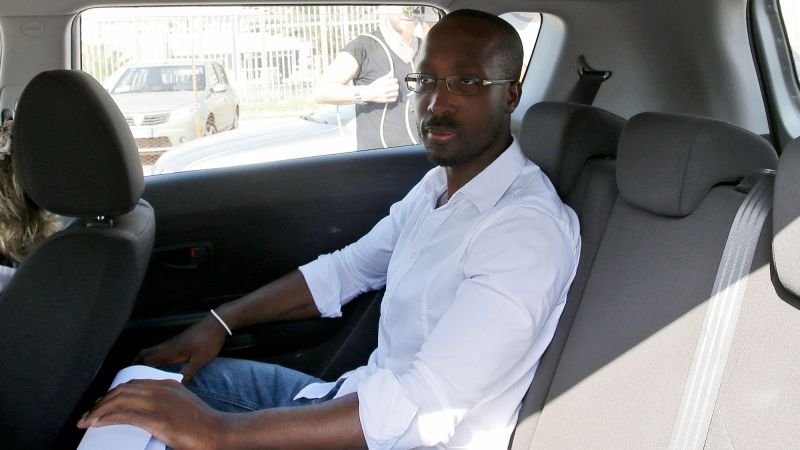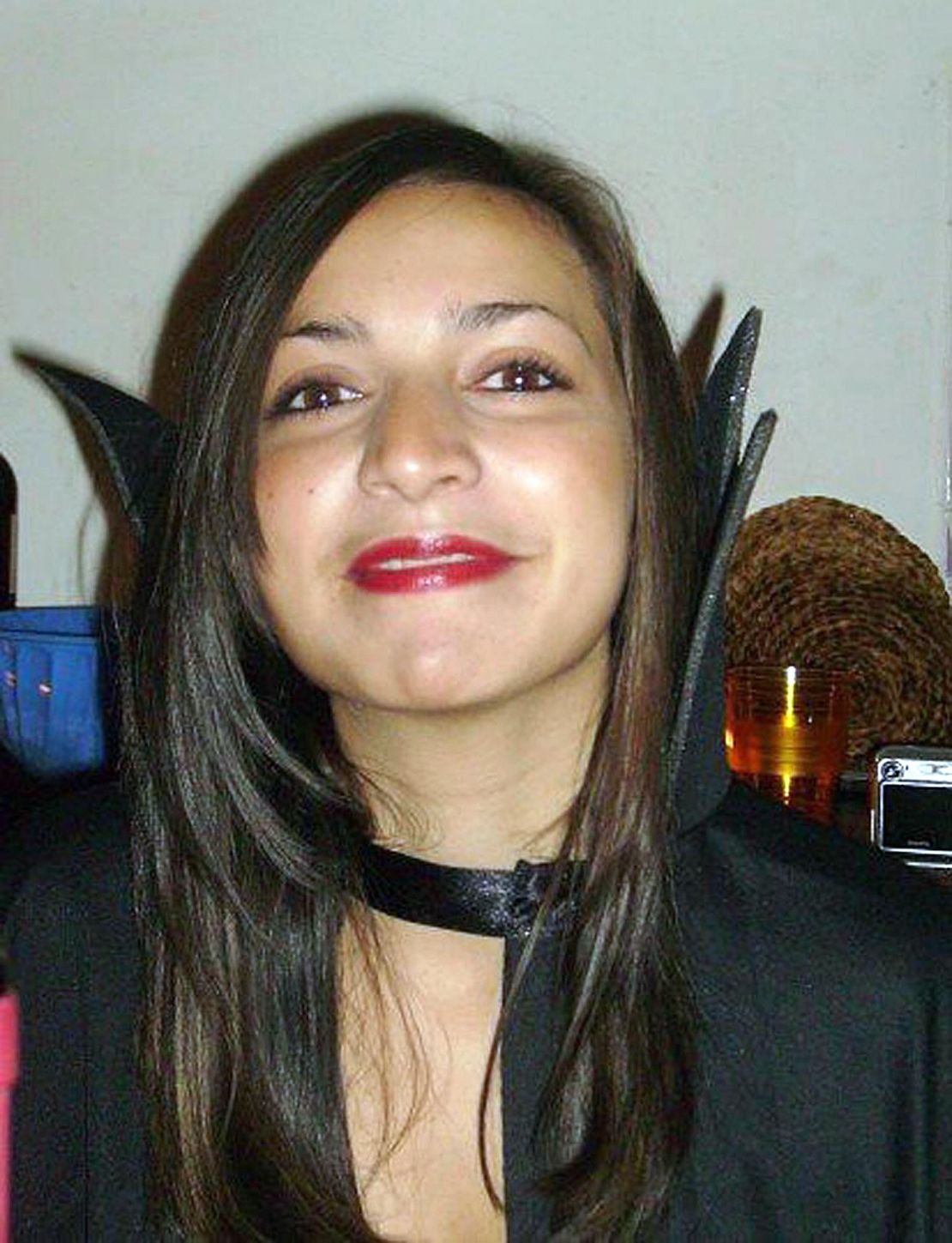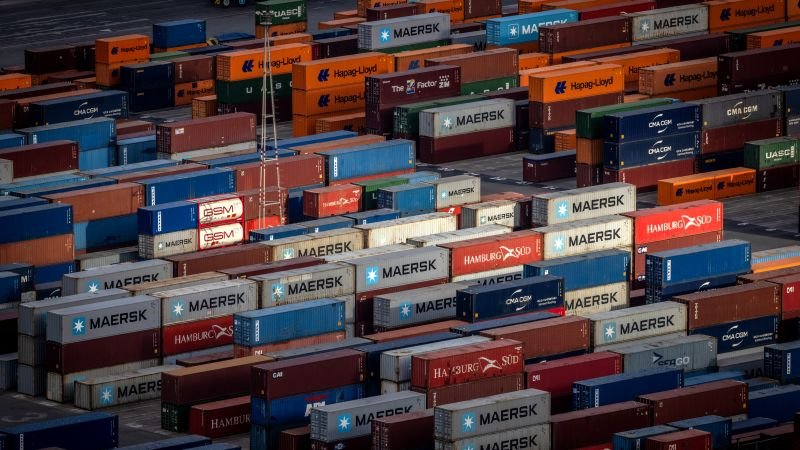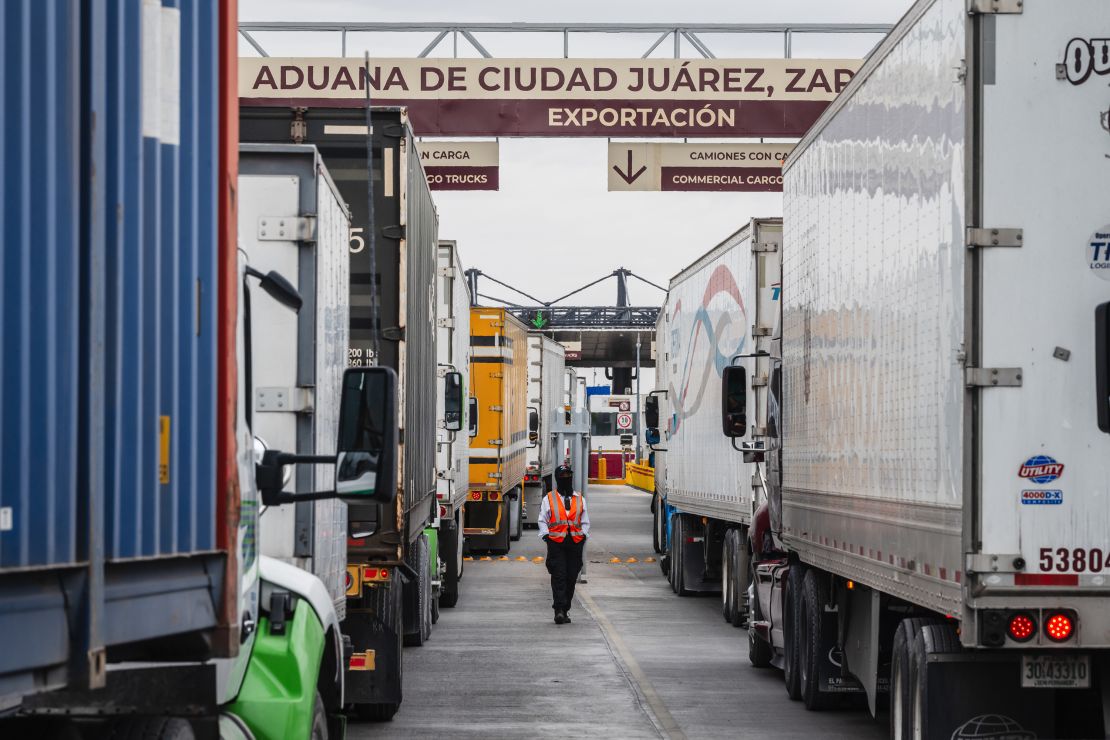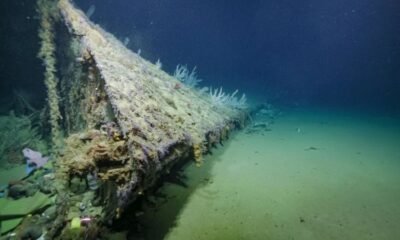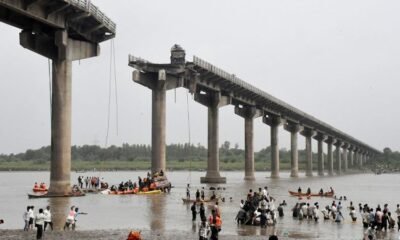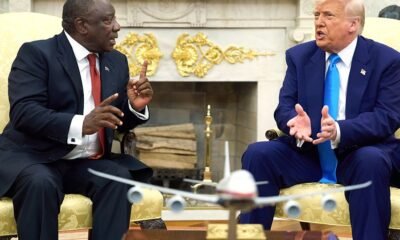Noordwijk, Netherlands
CNN
—
When President Donald Trump traveled here Tuesday for a consequential summit of NATO leaders, he arrived toting a freshly brokered ceasefire he hoped could prove to his skeptics — including at the conference — that he is a peacemaker at heart.
The arrangement between Israel and Iran came after an intensive afternoon of diplomacy at the White House, but hours after it was set to take effect, Israel accused Iran of firing several missiles and vowed to respond “with force.” Tehran denied violating the truce.
As he was departing the White House, Trump flashed intense anger that the agreement he helped mediate appeared to be hanging in the balance.
“We basically have two countries that have been fighting so long and so hard that they don’t know what the fuck they’re doing,” a furious Trump said of Israel and Iran, each of which he accused of violating the truce he announced the night earlier.
The president indicated he did not believe the ceasefire was broken. But he said he was unhappy in particular with Israel, which he said quickly violated the truce.
“Israel, as soon as we made the deal they came out and they dropped a load of bombs, the likes of which I’ve never seen before,” he said as he departed Washington for the Netherlands. “The biggest load that we’ve seen.”
In a morning phone call with Israeli Prime Minister Benjamin Netanyahu, Trump was “exceptionally firm and direct … about what needed to happen to sustain the ceasefire,” a White House official said.
A few minutes after taking off for Europe, Trump wrote from Air Force One that the ceasefire was still holding, and that Israel would hold off new attacks.
“All planes will turn around and head home, while doing a friendly ‘Plane Wave’ to Iran,” he wrote on Truth Social. “Nobody will be hurt.”
Trump hopes the ceasefire — if it holds — will act as vindication for the US strikes on Iran’s nuclear facilities, which drew a mixed response from leaders here in Europe, who feared becoming embroiled in a wider war.
In the end, the deal Trump announced Monday was brokered with the help of Qatar, and appeared to leave the Europeans on the sidelines. White House officials said the diplomatic arrangement would not have been possible had Trump not ordered the bombing run over the weekend.
“Congratulations to everyone!” Trump posted on his Truth Social platform Monday evening as he revealed the parameters of what he called the end of the “12 Day War.”
At least in Trump’s mind, the deal could bolster his stature as a global dealmaker at a moment when his ability to strike peace agreements is being tested. As he steps back onto the world stage, the president appears eager to demonstrate his ability to bring warring parties to the table — even if he hasn’t yet been able to resolve the European conflict in the background of this week’s gathering.
This week’s Hague summit had been carefully planned over months to avoid angering Trump and paper over the significant differences that remain between Europe and the United States on how to manage the war in Ukraine.
The centerpiece is a short and focused final statement — designed to avoid any disputes over language — that will formalize a new plan to raise annual military spending targets to the figure Trump had demanded: 5% of GDP. (Trump, however, told reporters on Friday that the US shouldn’t have to meet that target.)
“They want this to be a good experience for President Trump, a warm pat on the back for the way he’s handled Israel and Iran, and a commitment to defense spending,” said Kurt Volker, the former US ambassador to NATO, on CNN. “They’re hoping that this, by being short, sweet and positive, President Trump comes away with a more positive view of NATO.”
While on his way to the summit, Trump posted to Truth Social screenshots of messages from NATO Secretary General Mark Rutte.
“Congratulations and thank you for your decisive action in Iran, that was truly extraordinary, and something no one else dared to do. It makes us all safer,” Rutte wrote in one of the messages, going on to tout the defense spending commitment.
“Europe is going to pay in a BIG way, as they should, and it will be your win,” Rutte said in another.
The flattery continued at a leaders’ dinner hosted by the Dutch royal family at their palace, where Trump was invited to spend the night.
“Let me salute President Trump’s longstanding leadership in calling for NATO to increase defense spending,” Rutte, a former Dutch prime minister, said in an opening toast at the dinner, noting the defense alliance had added a trillion dollars in new defense spending over the past decade.
“Mr. President, dear Donald, that is thanks to you pushing us,” Rutte went on. “And tomorrow we will build on that foundation and add trillions more in defense spending.”
Trump plans to meet Ukrainian President Volodymyr Zelensky on the sidelines of the summit, a US official said. Zelensky will have a seat at a pre-summit dinner on Tuesday evening, which Trump is expected to attend. But the Ukrainian leader won’t participate in the one-day summit on Wednesday, underscoring his stalled ambitions for his country to join NATO — an outcome Trump has ruled out.
Already, divisions between Trump and European leaders over Ukraine had threatened to foil attempts by NATO to signal a unified front to Russian President Vladimir Putin. Trump has appeared reluctant to apply new sanctions on Moscow, even as his peacemaking efforts have stalled, and so far hasn’t approved any new military assistance to Ukraine.
And over the weekend, European officials privately fretted Trump would decide to cancel his trip to the NATO summit altogether, afraid he’d deem it a needless exercise that would take him away from Middle East consolations in Washington, according to one Western official.
White House officials had also weighed whether to still attend amid the Middle East conflagration. But on Monday, after it appeared both Israel and Iran had agreed to a ceasefire, the president determined to go ahead, carrying with him the freshly brokered agreement after an extraordinary day of diplomacy at the White House.
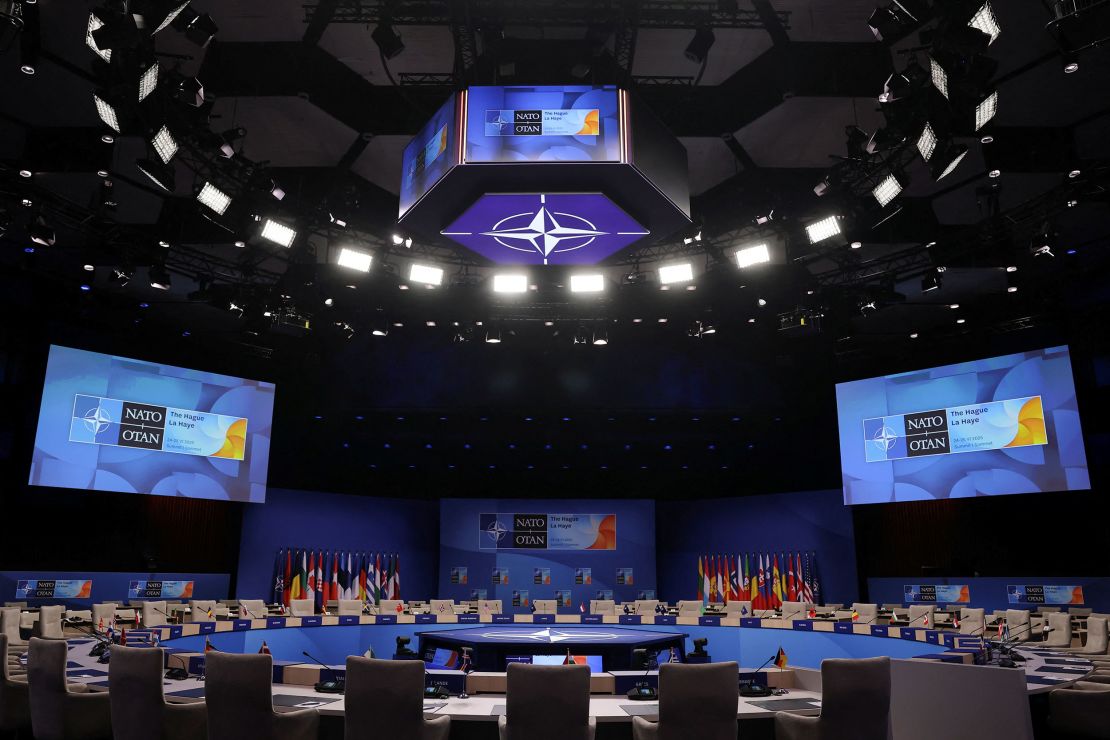
In the past, a US president who just conducted a major military operation, followed by arranging a pause in fighting, might have relished an opportunity to consult his European counterparts in person to attempt coalition building.
But Trump’s approach appears less collaborative and more go-it-alone.
Even before he gave the go-ahead to launch strikes on three Iranian nuclear facilities, Trump openly dismissed European efforts at brokering a diplomatic resolution to the conflict.
“Iran doesn’t want to speak to Europe, they want to speak to us,” Trump told reporters Friday, hours before US stealth jets took off on a bombing run in Iran.
“Europe is not going to be able to help on this one.”
A few days beforehand, he departed early from the Group of 7 summit in Canada rather than remaining at the mountainside gathering to strategize on Iran with leaders whose own countries could have become embroiled in the widening conflict.
The president’s solitary approach has hardly come as a surprise to European leaders, who found themselves sidelined in the lead-up to the US strikes. Trump made clear over the weekend he believed only the US had any real standing to intervene, and declared afterward, “only American weapons could do what has been done.”
Trump views multilateral organizations like the G7 and NATO skeptically, believing instead that direct interactions between countries is a more fruitful approach to world affairs.
He has previously written off NATO as an attempt to wring resources from the United States to protect nations on the other side of an ocean. At a 2018 NATO summit during his first presidency, he left fellow leaders shaken when he said during a closed-door meeting he would considering doing his “own thing” if they didn’t significantly boost their defense spending.
Heading to Europe on Tuesday, Trump stopped short of offering a full-throated endorsement of the alliance’s cornerstone Article 5 pledge of collective defense.
“It depends on your definition. There are numerous definitions of Article 5,” Trump told reporters aboard Air Force One when asked about his commitment to the article.
Trump’s loud calls for increased investment in defense among NATO members have yielded results. More countries now meet the alliance’s threshold than they did when he first entered office in 2017. But he has continued to insist it’s not enough, particularly as the war in Ukraine rages.
Now, however, the recent tensions in the Middle East may overshadow the war playing out in Europe.
This story has been updated with additional developments.

